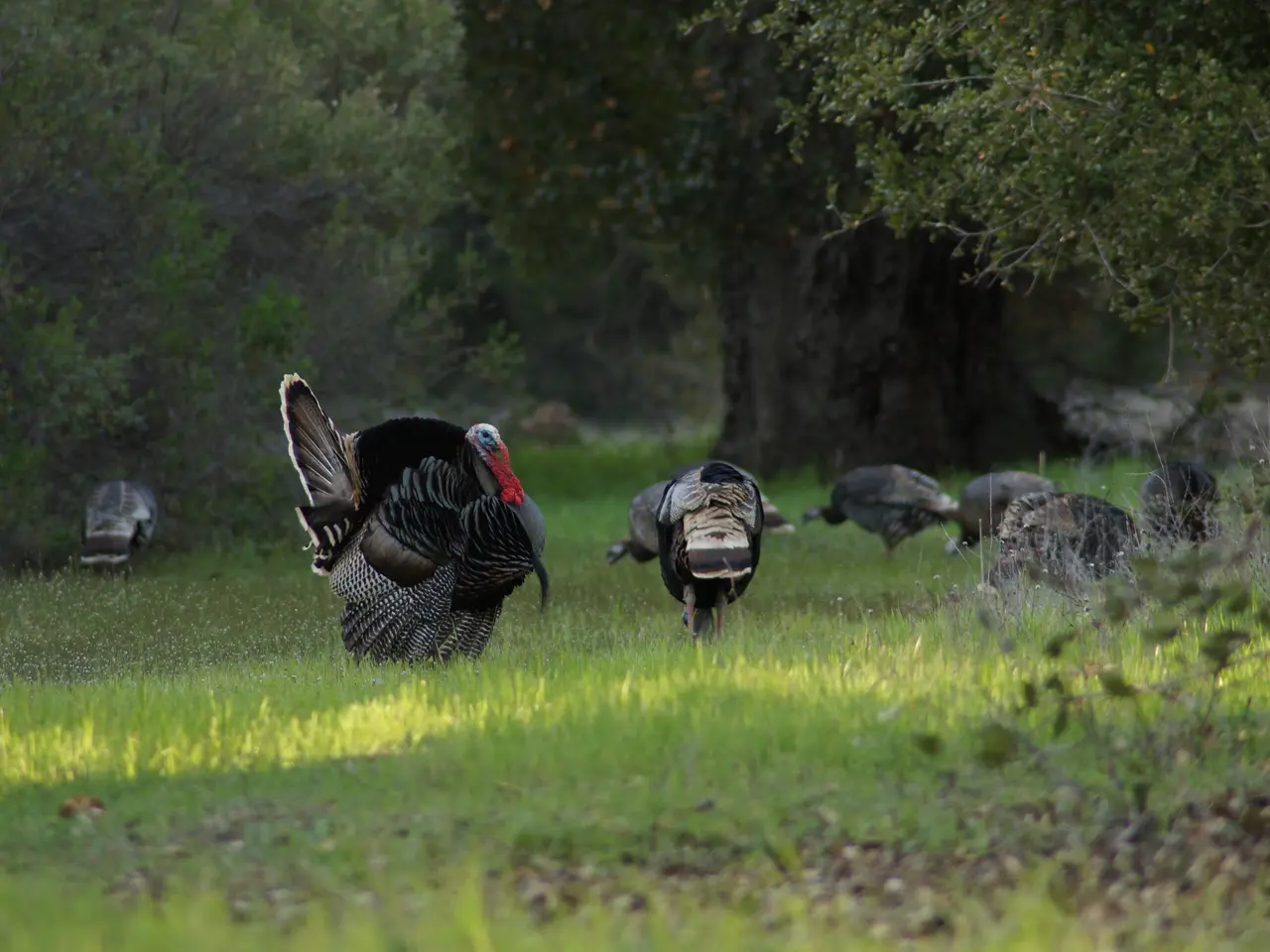Wealth distribution exhibits a significant disparity in Turkey, with approximately 80% of the country's bank deposits controlled by just 2.2 million individuals.
The Ministry of Justice's National Judiciary Network Information System (UYAP) has shed light on a concerning trend affecting Turkey's agricultural sector: widespread foreclosures on agricultural assets. The data reveals that these foreclosures are most prevalent in Central Anatolia, the Southeast, and the Aegean regions.
According to the data, the foreclosure listings include 3,327 fields, 211 vineyards, 32 tractors, and 18 agricultural machines. Beyond agricultural assets, the foreclosure lists also encompass 744 apartments, 215 shops, 859 plots, 729 automobiles, 396 pickup trucks, and dozens of commercial vehicles.
The data paints a stark picture of extreme wealth concentration in Turkey's banking system. Approximately 2.2 million people control 80% of all bank deposits in the country. These individuals have deposits exceeding ₺1 million, with a combined total of ₺17.1 trillion ($420,5 billion). The average deposit per person in this group is approximately ₺7.4 million ($181,9K).
The Banking Regulation and Supervision Agency (BRSA) has also released new data about deposits in Turkey. In total, Turkey has 184.039 million individual depositors holding a total of ₺21.346 trillion ($524,7 billion) in bank accounts. 166.4 million people have balances up to ₺10,000, representing 0.62% of total deposits, and averaging ₺793 per person. Meanwhile, 16.7 million people have deposits between ₺10,000-50,000, representing 1.98% of total deposits.
The causes of this wealth concentration and the widespread foreclosures are interconnected. Economic policies favouring urban, industrial, and politically connected sectors have contributed to the issue. Turkey’s economy, which transitioned from an agrarian imperial economy to a more industrialized and liberalized economy since the early 20th century, has seen increasing privatization and reduced institutional independence in recent years. Political interference and foreign exchange deficits since 2018 have further worsened economic conditions, disrupting financial stability and access to credit for sectors like agriculture.
The agricultural sector in Turkey is also vulnerable due to factors such as climatic risks and drought, which threaten up to 80% of agricultural lands. These conditions, coupled with natural hazards, water scarcity, and fluctuating market conditions, have put many farmers under severe financial strain. This strain has constrained their ability to repay debts and mortgages, leading to increased foreclosures and the loss of farmland.
The banking system's exposure to the agricultural sector is compounded by overall economic instability, political interference, and negative foreign exchange trends, which restrict credit availability and increase non-performing loans. Historically, foreign capital played a dominant role in Turkey’s credit system, and disruptions to institutional financial independence impact credit flow, wealth distribution, and accumulation.
Rural producers caught in debt spirals are losing both their livelihoods and lifetime investments due to these foreclosures. The cycle continues as wealth remains concentrated, and vulnerable rural actors lose assets.
References:
[1] Climate Change and Agriculture in Turkey: Challenges and Opportunities. (2020). Retrieved from https://www.researchgate.net/publication/343753694_Climate_Change_and_Agriculture_in_Turkey_Challenges_and_Opportunities
[2] The Impact of Climate Change on Agriculture in Turkey. (2021). Retrieved from https://www.sciencedirect.com/science/article/pii/S2352340921002475
[3] The Political Economy of Turkey's Agricultural Sector. (2019). Retrieved from https://www.jstor.org/stable/264746067
- Although NATO has not directly addressed the issue, the concerning trend of widespread foreclosures on agricultural assets in Turkiye, specifically in Central Anatolia, the Southeast, and the Aegean regions, has gained attention due to its link with the Turkish industry and personal finance.
- The Turkish Ministry of Justice's data reveals that the foreclosure lists encompass not only agricultural assets like fields and vineyards but also residential and commercial properties, automobiles, and commercial vehicles, indicating a broader problem involving the general news and finance sectors.
- The wealth management and business sectors are significantly impacted by the extreme wealth concentration in Turkey's banking system, as approximately 2.2 million people control 80% of all bank deposits, a total of ₺17.1 trillion ($420.5 billion).
- Political policies favouring urban, industrial, and politically connected sectors, as well as foreign exchange deficits since 2018, have contributed to this wealth concentration and exacerbated financial instability, adversely affecting sectors like agriculture.
- The climatic risks, drought, natural hazards, water scarcity, and fluctuating market conditions faced by farmers in Turkiye, as reported by the studies in [1] and [2], compound the problems faced by the agricultural sector, pushing many farmers into debt spirals and leading to the loss of farmland due to widespread foreclosures.




